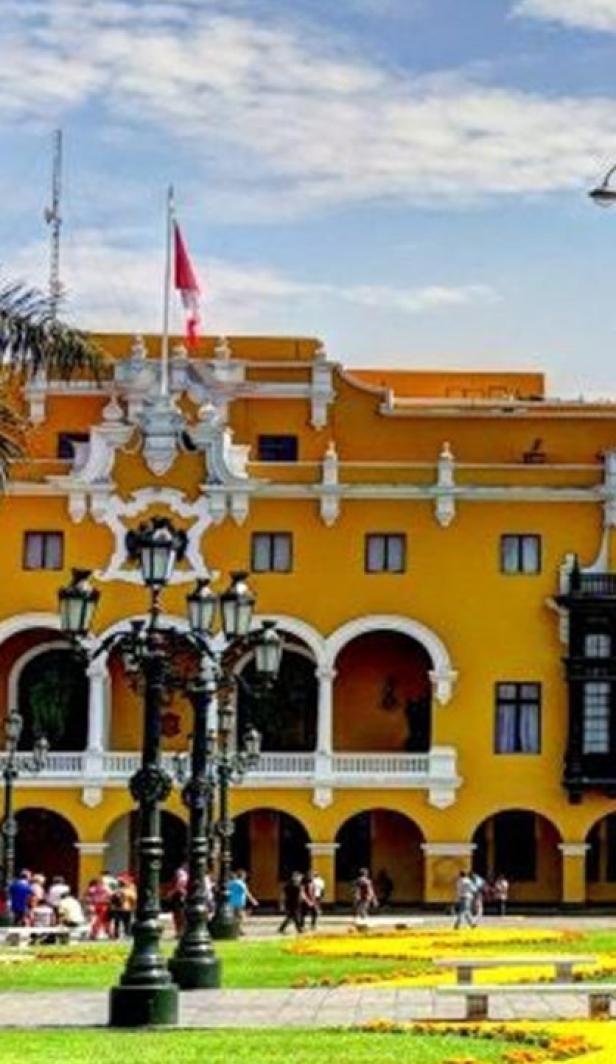History of Yemeni Coffee
There is no doubt that the original coffee plants originated in the western regions of Ethiopia. However, it was in Yemen that the coffee plants were cultivated and developed into the coffee beans, that we use for our beverages today. Over 500 years ago, the legend reads those Sufi monasteries, situated on the southern tip of the Arabian Peninsula, were processing Yemeni coffee.
It was the unique terrain of the Yemen countryside that farmers soon took advantage of. The conditions and climate of these areas were not considered the ideal growing conditions for the coffee plant, but they were determined to grow their own coffee. Yemen was the only source of coffee for almost 200 years and the primary mode of travel or shipment was camelback. After a while of transporting Arabic coffee via such methods, the coffee was named after the Mokha Port, which is situated on the coast of the Red Sea.
Yemeni coffee soon became the forefront of economic, historical and cultural changes, which are still present in the world today. This is where the Yemeni coffee was eventually shipped from. As a result of this, coffee culture was booming in Europe by the 1650s, and this sparked the rise in coffee shops and cafés.
Origins of Yemen Mocha Coffee
Yemen’s true coffee history can be told through its iconic port town of Al-Mokha. Yemen fine-tuned and guarded its caffeine produce, whilst under the control of the Ottoman Empire. Due to their undying efforts to sell coffee plants or seeds, Yemen managed to obtain global stakeholder status in the coffee trade, which was all centred around a quiet port town.
However, their efforts were uncovered by Dutch tradesmen, who eventually got hold of Yemen’s live coffee plants. After this, coffee plantations started to grow outside of the Yemeni borders. The connection of the Al-Mohka port to the Indonesian island of Java created one of the world’s most well-known and historic coffee blends, the Mocha Java. As coffee production and sales across the world grew, the ownership that Yemen had of the coffee trade slowly started the fade.
Mocha Yemen: Authentic-tasting coffee
The conditions of the land in which Yemeni coffee is grown have made the yield of Yemen crops very low compared to those of coffee produced in the western hemisphere. The processing of Yemeni coffee takes much longer due to the lower amount of beans which are harvested from the coffee plants. However, Yemeni coffee has a popular flavour profile, thus, making it high in demand internationally. The combination of little supply and large demand makes Yemen coffee quite expensive.
There are of course other types of mocha coffee that are produced worldwide. However, some such as the types grown and sold by Saudi Arabia and Ethiopia are not considered authentic. This is because good quality mocha coffee can only be created from the finest Arabica coffee beans, which are mostly found and grown in Mocha, Yemen. This creates high competition, but also causes more expense, as Yemeni coffee needs to be authenticated, and the documentation of this needs to be paid for.

Yemen Coffee Beans
There are many coffee bean variations grown in Yemen. These are grown near the Red Sea in the mountainous region which is on the Arabian Peninsula. These coffee varieties still grow there today, but in much smaller quantities, and are carved into the hills, similar looking to vineyards.
Mocha Coffee

Yemen Ismaili Coffee

Yemen Coffee Culture
The coffee culture of Yemen is not much like other coffee cultures around the world. Many countries owe much of their beloved culture to Yemen. Today, many Yemeni farmers still harvest coffee and will have a family history of such work for over 400-500 years.
Today, despite the export of Yemen coffee being extremely low, the selling of coffee is what most of the Yemeni people rely on as their sole income. Their coffee culture is set apart from the rest and is full of traditional-family-owned farms, and growing methods that haven’t faltered, or changed in over 500 years.
That is the end of our Yemeni coffee adventure. If that has inspired you to start the coffee countries bucket list then why not take a look at our coffee hotspots for even more inspiration? Want to learn more about rich coffee history? Then take a look at our Malaysian coffee article, next.
Today’s community favourites




